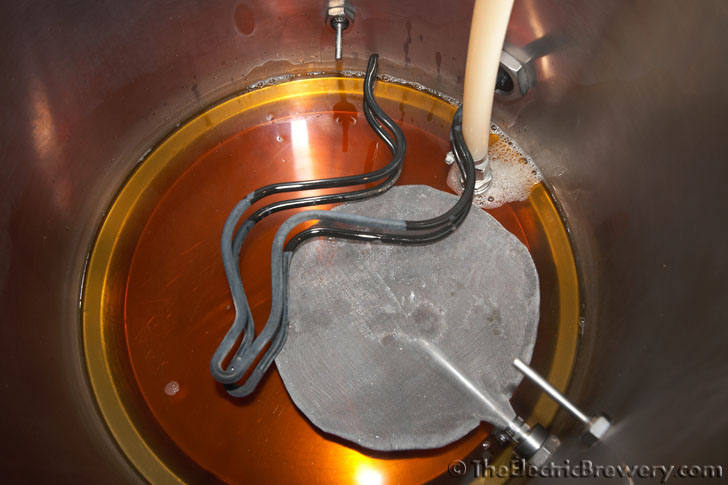I've brewed with propane for the last few years but have thought about building a small electric system, maybe?
One thing I'v thought and wondered about is if you have experienced and have had to deal with scorched wort given it's in direct contact with the element??
For those that have converted from propane to electric brewing, did you notice any change in your finished beers when you switched over (i.e.; taste, color, other...)??
One thing I'v thought and wondered about is if you have experienced and have had to deal with scorched wort given it's in direct contact with the element??
For those that have converted from propane to electric brewing, did you notice any change in your finished beers when you switched over (i.e.; taste, color, other...)??



